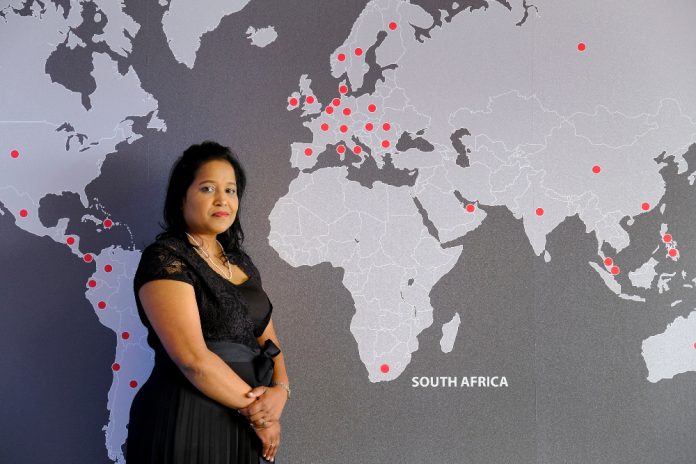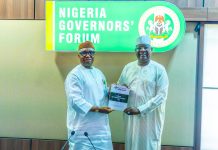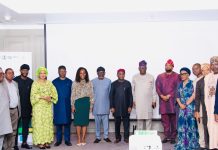Cloud computing is nothing new, but as the technology continues to evolve, companies are increasingly embracing the cloud to stay current and competitive. Marilyn Moodley, Country Leader for South Africa and WECA (West, East, Central Africa) at SoftwareONE looks at why the cloud is vital to businesses, and why some are still reluctant to make the move.
Are you on the cloud yet? This is an organisation’s equivalent of a young person’s ‘when are you getting married?’ which moves swiftly to ‘why aren’t you married yet?’ And the reasons for not making the jump in both cases are often the same: resistance to change; wariness of taking a risk; caution about compliance to a new situation; and aversion to the initial investment, which can be high.
While these are all valid concerns about cloud migration, it is still unwise to ignore the many benefits of doing so. The COVID-19 pandemic showed businesses that contingency plans are a non-negotiable in the face of potentially catastrophic events. Organisations that deploy to the cloud are very much on the front foot when it comes to being agile, flexible, and able to move quickly when adverse situations do arise.
According to research conducted by the Cloud Industry Forum on the state of cloud adoption, 91 percent of businesses said that shifting to the cloud has been vital in coping with the effects of the pandemic, as going digital enabled them to respond more readily to changing circumstances. In addition, 77 percent feel that the cloud has simplified their IT challenge. 50 percent of IT infrastructure is now cloud based, the first time it has ever topped this milestone in the 12 years since the Cloud Industry Forum started doing research.
Clearly, the cloud is the place to be, and businesses today are becoming more aware of the benefits of using the cloud to save on costs, enable scalability, innovate at pace, speed up operating systems, and increase flexibility and resilience.
However, making the move to the cloud isn’t always straightforward. One of the main worries expressed by organisations is that they lack the skills to do it. What’s more, over the years, as data centres have grown and evolved, servers added, acquisitions taken place and software installed, it is difficult to know what applications an organisation even has, much less knowing what to migrate and what to leave behind. Gordon Davey, Global Head of Azure Cloud Services at SoftwareONE, refers to this mass of technology as the ‘nachos effect’. Everything is interconnected, like a plate of nachos – when you pick up one nacho, hoping it won’t disturb the rest, strands of cheese bring three or four other nachos with it. So, too, with cloud migration, with so many interconnected parts.
This is where selecting a trusted partner, like SoftwareONE, is so important. An organisation’s journey to the cloud can be a smooth transition, backed by a clear strategy that takes an organisation’s unique environment and workloads into account. Experts can assist in establishing a consolidated and rationalised view of the current IT landscape, prioritise and recommend workloads to run in the cloud and define and execute the next steps in the cloud migration. Essentially, they can identify which nachos can be taken alone, and which are inextricably connected to others and need to have a migration plan to address this. Partners can also help organisations understand the licensing and cost ramifications of moving workloads to the cloud, how to optimise spend and ongoing cloud management to ensure value is realised.
The past few years have seen a significant increase in the use of the cloud and 69 percent of companies interviewed as part of the Cloud Industry Forum’s research are speeding up digital transformation plans. By 2025, research company Gartner estimates that 85 percent of enterprises will have a cloud-first strategy. It is undoubtedly the engine of transformation and companies need to keep up with the pace of change or risk being left behind.








